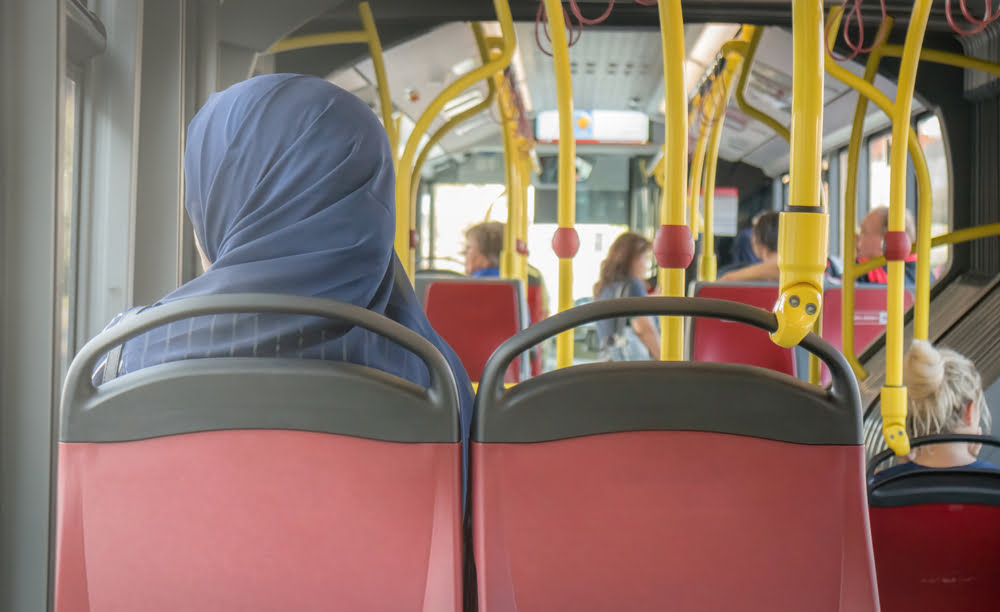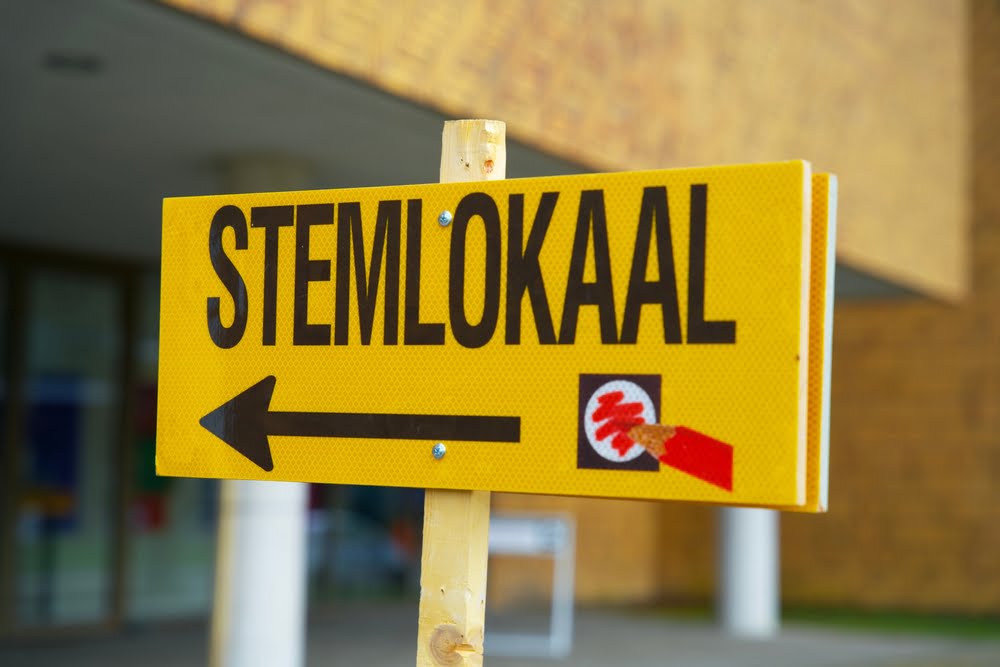Transport poverty is often intertwined with other forms of poverty, such as income poverty and housing poverty.
Although overused, the word “transport poverty” is not hype and refers to a serious problem that can affect people in different ways. Many facilities in rural areas are not or hardly accessible by public transport. According to Sander Franse, team leader of team Metropool at the Traffic and Public Space department, saying “not profitable enough” puts the blame on those who do not use public transport or on travelers who travel too little.
At a time when we need public transport more to combat transport poverty, tackle the climate problem and make room on our roads and in the cities, political choices lead to more transport poverty. In addition, the way governments manage investment in transport can also affect transport poverty. When the government decides to invest in more expensive transport options, such as trains or metro lines, rather than cheaper options such as buses, this can lead to an inequality in access to transport, which can lead to transport poverty for low-income people.

Contraction of public transport continues, for example in the Provincial Council elections on Wednesday, March 15, 2023.
Governments should consider the potential impact of their transport choices on access to transport for different populations and develop policies to prevent or reduce transport poverty. If a government decides to cut back on public transport, this could lead to higher costs for travel and fewer services, which could mean that some people are unable to go to work or do other important activities.
This can lead to transport poverty for people with low incomes or for people who rely on public transport for their daily journeys. It is important to emphasize that the decision to close a bus line can often have profound consequences for the people who depend on this line for their daily journeys. These decisions must be made with care and consideration must be given to the possible consequences for the community.
cuts
In many cases, the government or county may have responsibility for managing public transportation, including bus lines. In this case, they can decide to make a bus line disappear as part of a austerity plan or as a result of changing demographic or economic conditions in an area. For example, the government can decide to make a bus line disappear if it is not used enough, or if the costs of maintaining the bus line are too high.
In other cases, a private company may be responsible for operating a bus line. In this case, the company can decide to close a bus line if it is not profitable or if the cost of maintaining the bus line is too high. The carrier often receives a subsidy from the province for this. Every year, the carrier comes up with a proposal for how many buses they can run for that amount. The provincial government assesses that proposal and ultimately takes the final decision as to whether a line will be deleted.
Provincial states
Solving transport poverty is a complex task. During the Provincial Council elections, we must therefore think carefully about our political choices. It is an issue that requires attention at various levels, from national and local governments to individual communities and organisations.

It is also important to recognize that transport poverty is often intertwined with other forms of poverty, such as income poverty and housing poverty. So to help solve transport poverty in the long term, it is important to also work to tackle these other forms of poverty. In general, it is important to recognize that solving transport poverty is a complex task that requires different political parties to work together to develop sustainable solutions. This can be done, for example, by developing policies to reduce the costs of transport for people with a low income.
Provincial Council elections are held once every four years, with members elected directly by the voting residents of the province. Provincial Council are the people's representatives of the province. They determine the policy of the province on the most important points and monitor the Provincial Executive. The position of a deputy is comparable to an alderman in the municipal council.



